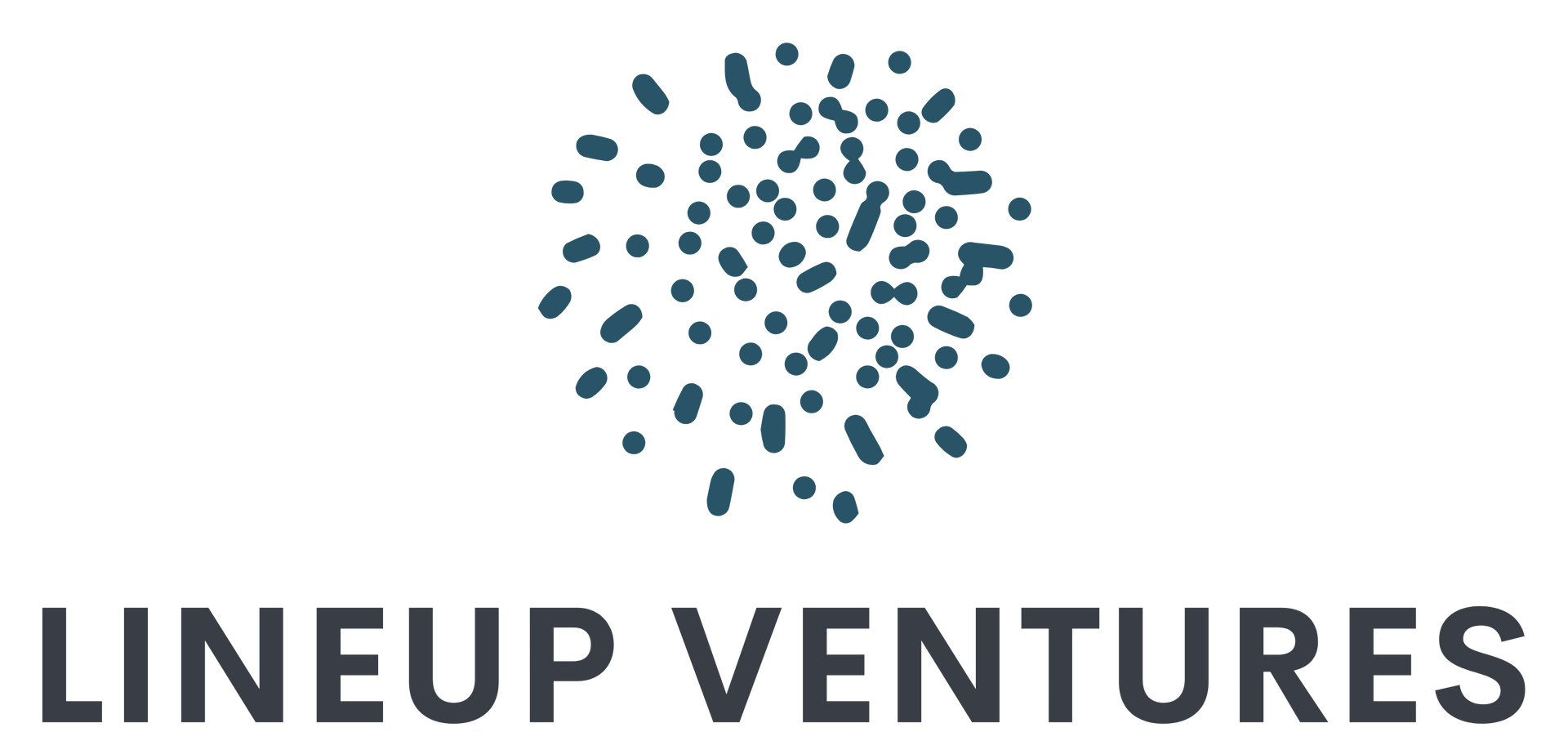Fractional Engineering Teams: A Game-Changer for Early Stage Founders
In the nascent stages of startup development, the journey from ideation to execution is fraught with challenges, chief among them being the optimization of limited resources. Early stage founders are often caught in a Catch-22, needing to develop their product to attract investment and users, yet lacking the financial muscle to hire a full-time engineering team. This is a critical juncture where the innovative concept of fractional engineering teams emerges as a game-changer, offering a pragmatic solution that aligns perfectly with the constraints and needs of fledgling startups.
The Essence of Fractional Engineering Teams
Fractional engineering teams are essentially a collective of seasoned engineers and developers who are engaged on a part-time or project-specific basis. This model is a departure from the traditional full-time employment paradigm, presenting a flexible arrangement where startups can access professional engineering services as needed. The fractional model is characterized by its adaptability, allowing startups to scale their engineering efforts in response to their project's ebb and flow without the encumbrances of full-time staffing commitments.
Strategic Advantages for Startups
The appeal of fractional engineering teams to startups cannot be overstated, offering multiple strategic advantages that are particularly beneficial in the high-stakes, resource-scarce environment of early-stage tech entrepreneurship.
Cost Efficiency: The fractional model is inherently cost-effective, eliminating the financial burden of full-time salaries, benefits, and ancillary costs associated with maintaining an in-house team. This efficiency enables startups to judiciously allocate their limited resources towards other vital areas such as product development, market research, and customer acquisition strategies.
Flexibility and Scalability: Startups operate in a dynamic landscape where agility is key to survival and success. The ability to swiftly adapt to market changes, pivot in response to feedback, or scale operations in line with business growth is invaluable. Fractional engineering teams embody this flexibility, offering startups the capability to dynamically adjust their engineering resource levels without the complexities and delays inherent in the hiring or downsizing of full-time staff.
Access to a Broad Spectrum of Expertise: One of the most compelling benefits of the fractional model is the opportunity it presents for startups to tap into a diverse pool of expertise. This model allows startups to engage specialists with the precise skill sets needed for specific aspects of their projects, be it advanced software development, cybersecurity, AI, or any other niche area, thereby ensuring high-quality output across all fronts.
Time to Market: Speed is a critical differentiator. Fractional engineering teams, with their seasoned professionals and lean operational models, are primed to accelerate the development process. This setup enables startups to iterate rapidly, refine their product based on real-world feedback, and achieve faster time to market, thereby securing a competitive edge.
Operationalizing Fractional Engineering Teams
Identifying Core Requirements: The first step towards leveraging fractional engineering teams is a thorough assessment of the startup's technical requirements. This involves delineating the project scope, identifying the specific skill sets needed, and understanding the project's timeline. A clear grasp of these elements is crucial in finding the right talent and ensuring alignment with the project's objectives.
Selecting the Right Partners: The market is replete with companies and platforms offering fractional engineering services. However, choosing a partner that aligns with the startup's culture, quality expectations, and project requirements is pivotal. This selection process should be meticulous, involving due diligence on the provider's track record, expertise, and client testimonials. Engaging in detailed discussions with potential partners can also provide insights into their approach and compatibility with the startup's vision.
Establishing Clear Communication and Expectations: Effective collaboration with a fractional engineering team hinges on clear communication. This entails setting explicit expectations regarding deliverables, timelines, and communication protocols from the outset. Establishing regular check-ins and feedback loops can enhance transparency, facilitate issue resolution, and ensure that the project remains on track.
Embracing Collaborative Tools and Practices: The success of a fractional engineering team also depends on the efficient use of collaboration tools and practices. Leveraging project management software, version control systems, and communication platforms can streamline workflows, foster collaboration, and enhance productivity. These tools not only facilitate seamless interaction among team members but also provide founders with visibility into project progress and milestones.
Cultivating a Collaborative Culture: While the engagement with a fractional engineering team may be transactional in nature, fostering a culture of collaboration and mutual respect can significantly enhance project outcomes. Encouraging open dialogue, acknowledging contributions, and integrating the team into the startup's ecosystem can motivate individuals and drive commitment, leading to higher quality work and innovation.
Embracing the Fractional Engineering Paradigm
For early-stage founders, the journey from concept to market-ready product is fraught with uncertainties and challenges. In this high-stakes environment, the ability to leverage fractional engineering teams offers a strategic advantage, enabling startups to optimize their resources, accelerate product development, and achieve scalability with agility. By embracing this innovative model, founders can navigate the complexities of the startup ecosystem with confidence, unlocking new avenues for growth and success.
Fractional engineering teams represent not just a tactical choice but a strategic imperative for early-stage founders. This model embodies the principles of flexibility, efficiency, and innovation, providing a solid foundation for startups to build upon. As the startup landscape continues to evolve, the fractional engineering model is poised to play a central role in shaping the future of early stage startup development, offering a blueprint for success in the dynamic world of technology entrepreneurship.




